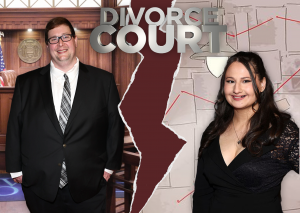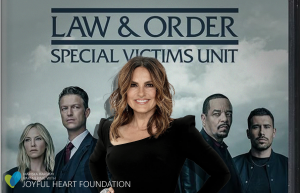I don’t think I’ve ever been so excited to see a thriller at the movies before going to see “Get Out.”
Jordan Peele of the popular Comedy Central “Key & Peele” TV show made his directorial debut with “Get Out,” a movie that explores some of the everyday horrors of racism, specifically for blacks in America. Now, the film doesn’t portray racism too blatantly, but the many clues – both subtle and obvious – bring the picture together.
The film’s protagonist, a black male named Chris, is in a relationship with a white woman named Rose. When Chris travels with Rose to meet her parents in their rural home, things go a bit awry; Chris’s discomfort regarding Rose’s family (and their subtle-but-obvious racism) creates tension throughout the movie.
Don’t worry, I won’t spoil everything; However, it is important to recognize the examples of racism throughout the film. I think movies like “Get Out” are important when it comes to how racism is addressed in modern society.
“Get Out” covers many of the micro-aggressions and tensions blacks deal with on a day-to-day basis, from jabs at stereotypical physical prowess to the over-used “I voted for Obama” statement. Other examples of “simple” racism presented in the film were downright creepy, but for most I found myself nodding and thinking, “Yep, that’s normal.”
Here’s an example that stood out to me: when meeting Chris, a character in the film goes as far as saying how being black is “in style.” Many of you are aware of Danielle Bregoli, a.k.a. the “Cash me ousside” girl, so you might be able to see some truth in this line.
Bregoli is a 13-year-old Caucasian girl who – for lack of better words – ‘acts ghetto.’ She became famous and gained millions of Instagram followers for a stereotype that young black women are ridiculed for daily.
That’s a problem.
The thriller genre of “Get Out” might not be for everyone, but the subject of racism and how it’s addressed in the film is an important one. You might want to avoid racism like the plague – your choice – but just because you turn a blind eye to it doesn’t nullify its existence.




